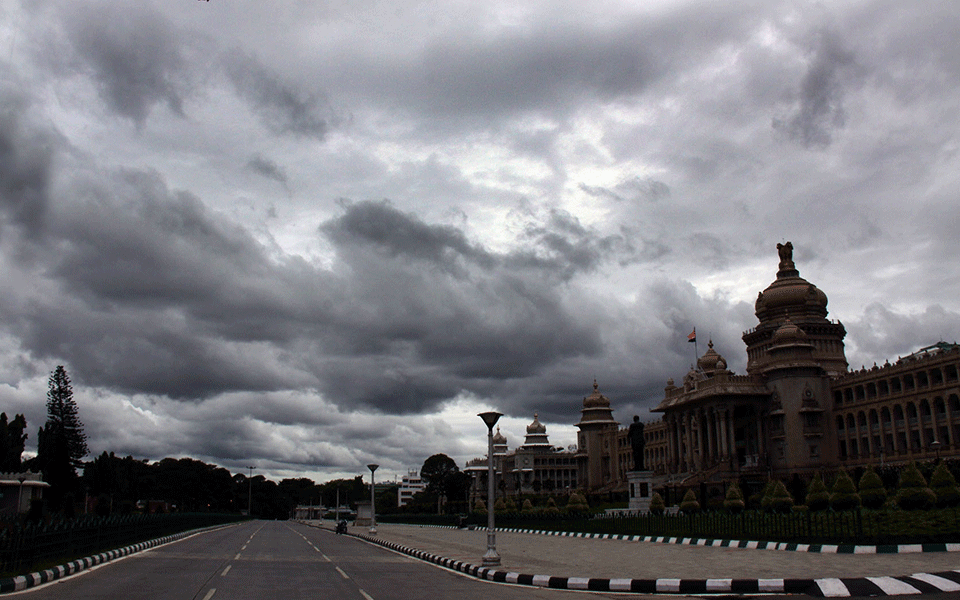Mangaluru: Although permission had been granted for the public to visit temples, mosques, churches, and other religious centres after the second wave lockdown was lifted, there had been restrictions on service-oriented activities. Now, the state government is gearing to lift the restrictions on July 25, where all religious centres will be granted permission to begin service-oriented activities following the pandemic guidelines.
An official order has been released by the State government, in this regard. The permission order addresses the provision that allows only service-oriented activities and does not include temple fairs, festivals, processions, and large gatherings, the order released by N. Manjunath Prasad, the Principal Secretary of the State Government’s Department of Revenue informed.
In the wake of the meeting with Chief Minister Yediyurappa to request commencement of religious services in the temples and the state government’s consequent decision to permit undertaking of religious services across the state from July 25, the Muzrai and Dakshina Kannada District In-charge Minister, Kota Shrinivas Poojari took to Twitter and thanked the Chief Minister.
Let the Truth be known. If you read VB and like VB, please be a VB Supporter and Help us deliver the Truth to one and all.
Pilibhit (PTI): A 19-day-old elephant calf, brought from Bijnor, was placed under care at the Pilibhit Tiger Reserve (PTR) on Sunday, an official said and added that the calf got separated from its mother in the forest area of Bijnor.
The calf was born on December 2 in the Bijnor forest area and got separated from its mother shortly after birth, the official said.
The forest department made several attempts to reunite it with its mother, but without any success. To ensure the calf's safety and better care, it was decided to transfer it to the Pilibhit Tiger Reserve on the instructions of senior officials.
On Saturday, Deputy Director Manish Singh received the calf. Special arrangements have been made in the reserve for its care. It has been kept in a safe and clean environment to provide it with a natural setting and protect it from external noise and disturbances.
Singh told reporters that raising an 19-day-old calf is challenging.
It requires a special diet as a substitute for mother's milk and constant monitoring.
He said a special team has been formed to provide 24-hour care. Since the calf is very young, it is being cared for like a newborn baby.
According to Singh, the primary responsibility for monitoring the calf's health has been entrusted to PTR's veterinarian, Dr Daksh Gangwar. Under his supervision, a complete record of the calf's health checkups, diet, and body temperature is being maintained. The team is ensuring that the calf does not contract any infection.





